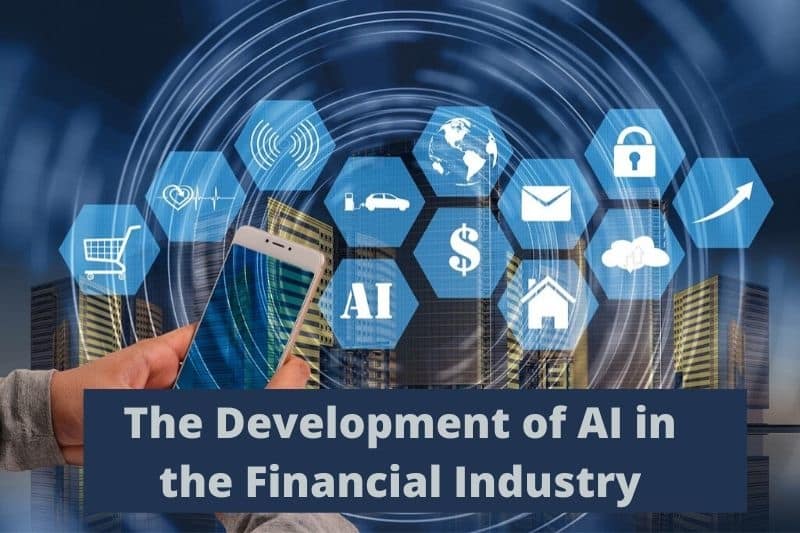It should come as no surprise that the financial services sector has been gripped by the innovation of late, particularly when you look at the falling age of the global population and our increased reliance on technology during the digital age.
If we look at the forex market, for example, we see that almost half of those active in this space are now categorised as Millennials, with the rise of mobile platforms such as the MT4 having removed many of the barriers that once restricted this marketplace.
In today’s market, artificial intelligence (AI) is arguably the single biggest and most influential innovation, and one that is changing the financial services sector as we know it. But how is it developing in the market and what’s the future for this technology?
AI and Banking – A Marriage Made in Heaven?
In many ways, AI has found a spiritual home in the world of banking and wealth management, where trusted professionals and individuals have historically been charged with handling relatively complex calculations and vast swathes of administration.
AI and its core principles such as machine learning have made it possible for financial institutions to automate many of the administrative tasks associated with banking, from understanding new rules and processing complex regulations to creating personalised reports for individuals.
The latter point has particular merit from the perspective of wealth management operators, who often have to provide detailed and personalised insights on behalf of their clients (usually at very short notice and as a means of reviewing key trends).
On a similar note, AI empowers bankers to make loan decisions in seconds rather than months, with complex algorithms utilised to assess risk and the applicants spending patterns in minute detail. Interestingly, AI can also organise and review alternative sources of structured and unstructured data, including payment history of rent and utilities.
Not only would AI minimise the instances and impact of human error, but it would also prevent future scandals from gripping the banking sector.
We’ve seen numerous such scandals over the course of the last five years (with Wells Fargo previously fined $185 million after creating millions of accounts on behalf of their clients), and AI is well-placed to counter this effectively.
Entering the Age of Predictive Analytics
While it’s widely accepted that AI is having a huge impact on banking, particularly in terms of efficiency and security, there are debates about the future of this technology in the financial services sector.
One of the most exciting applications is predictive analytics, which has the potential to revolutionise every aspect of finance. For example, a recent study by Aite Group showed that 79% of 22 – 34 year olds, 77% of 35 – 49 year olds, and 62% of 50+ year olds are interested in receiving detailed financial advice, and AI has the capacity to leverage analytics and provide more intuitive assistance to citizens across the board.
This can certainly help to create accurate financial forecasts that help users to regulate their spending and optimise real-time savings, while it also has the potential to send timely notifications that help to curb unhelpful spending habits.
Predictive analytics are also being used in the world of forex, and often with outstanding results. After all, the core definition of predictive analytics suggests that various data sets and modeling can be used to accurately determine future performance, and this has huge expectations in the information-driven forex market.
Perhaps the most exciting element of this is that AI and predictive analytics can draw data from unstructured resources such as social media (which we touched on before), with such information previously impossible to capture, collate and analyse with accuracy.
However, the culmination of predictive analytics and big data can negate this historical challenge, providing a potentially vast and insightful source of data that can lead to more consistent gains over time.


1 Comment
Best Post for Business Man Persons